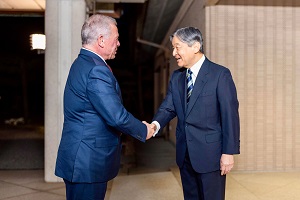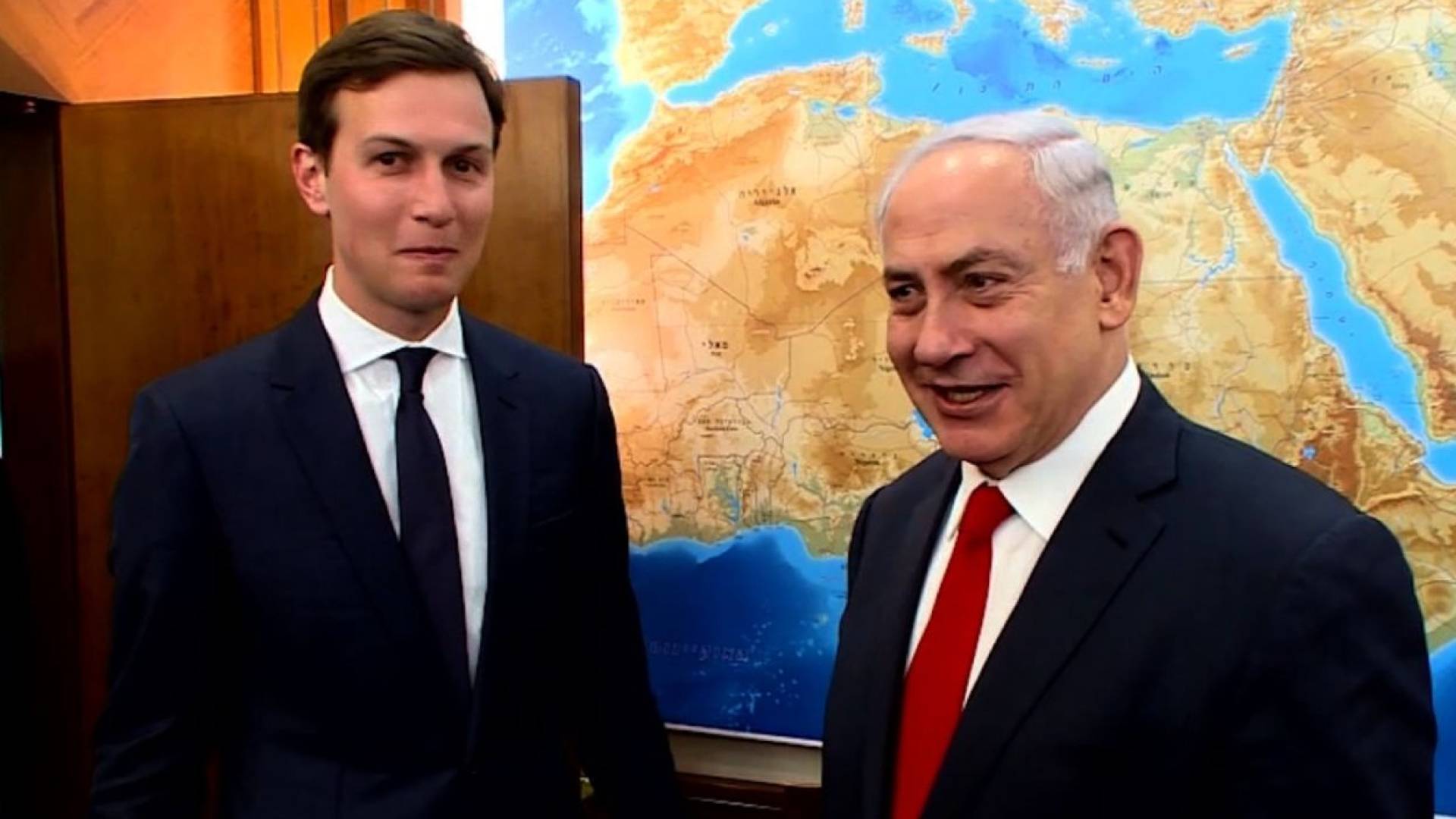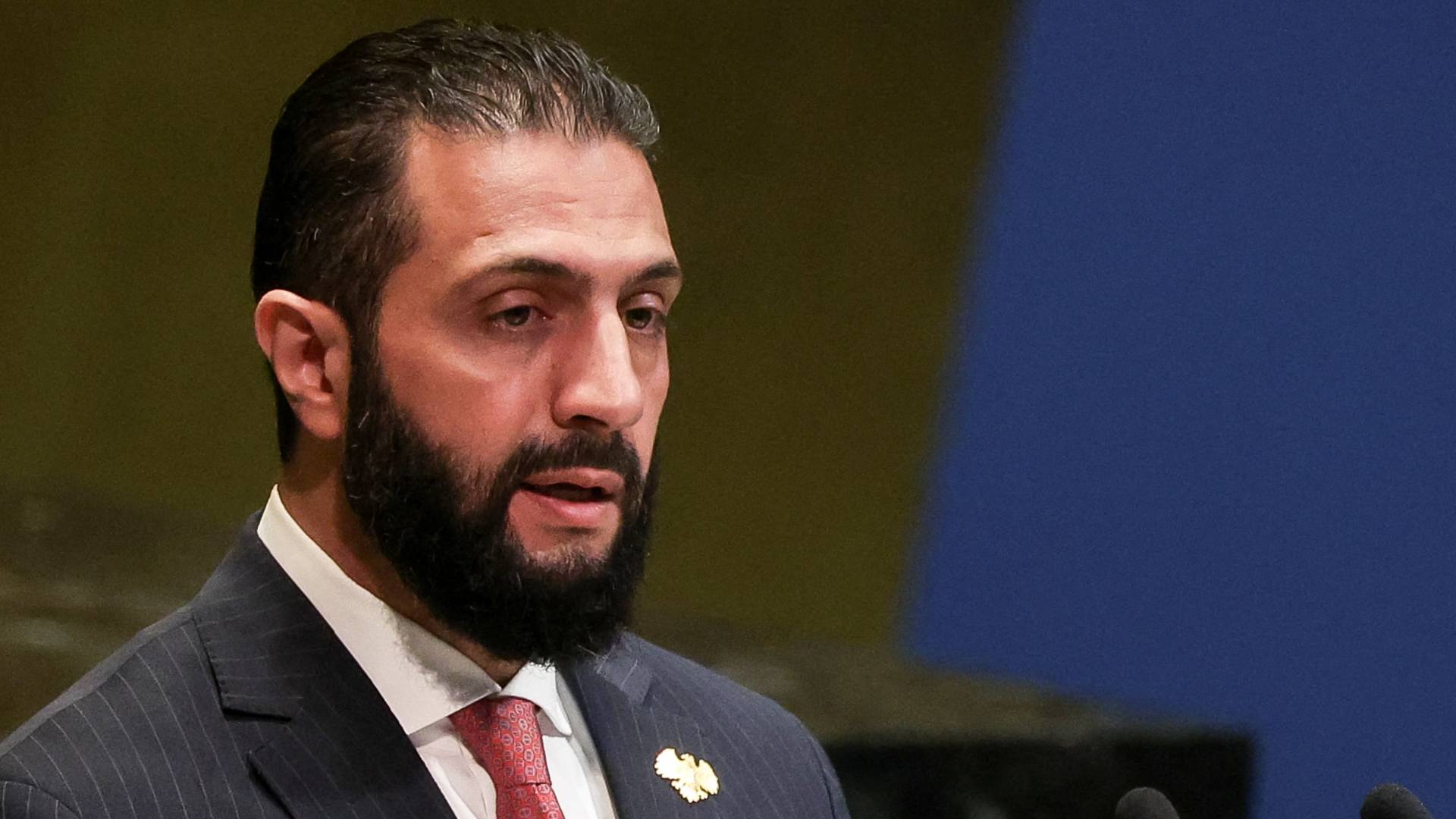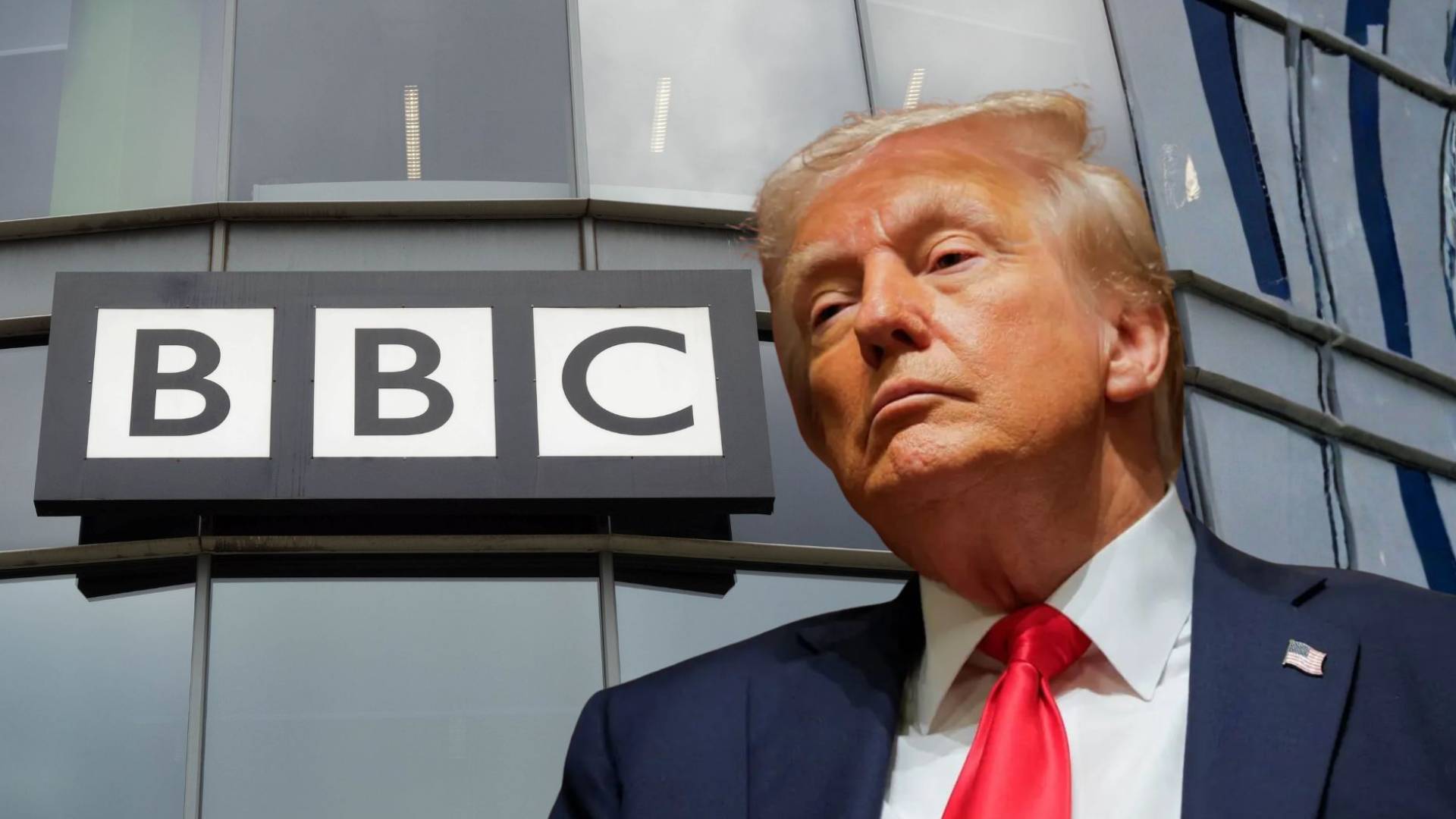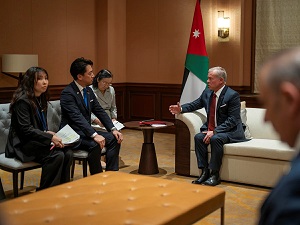“Israel must return to its pre-Dec 8 borders for final agreement,” says al-Sharaa
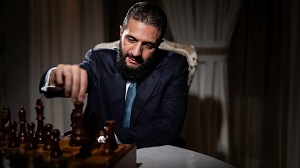
Roya News
In an exclusive interview with The Washington Post, Syrian President Ahmed al-Sharaa called for 'Israel' to return to its pre-December 8 borders, framing it as a key condition for ongoing negotiations.
Al-Sharaa also discussed rebuilding Syria’s relationship with the United States, efforts to protect Syrian sovereignty, and postwar stability amid ongoing regional tensions.
Following a historic first visit to the White House, Syrian President Ahmed al-Sharaa sat down for an exclusive interview with The Washington Post on Monday, providing a candid account of his government’s priorities, ongoing negotiations with 'Israel', and Syria’s path to postwar reconstruction.
Speaking through an interpreter, al-Sharaa discussed the importance of mending Syria’s relationship with the United States, emphasizing shared regional security and economic interests. “The most important objective is building the relationship between Syria [and] the United States… we found that we have a lot of common interests that we can build on,” he said. He linked economic development and national stability to the potential lifting of US sanctions, describing ongoing discussions with American officials as productive.
Missing Americans and Humanitarian Concerns
Al-Sharaa also addressed the case of missing American journalist Austin Tice, noting that Syria has around 250,000 missing people, including some with foreign citizenship. He highlighted efforts to release US detainees and establish a commission to coordinate with American authorities on missing persons. “I met with some of the families of the missing people, including the mother of Austin Tice… she had strong belief that I would come back one day,” al-Sharaa said.
From Fighter to Head of State
Reflecting on his past as an insurgent in Syria and Iraq, al-Sharaa defended his military actions, arguing that fighting for noble objectives to defend one’s land is not shameful. He claimed he has always avoided harming innocent civilians and criticized past US and Western policies for causing unnecessary wars in the region.
Postwar Challenges and Sectarian Violence
Al-Sharaa acknowledged ongoing tensions in Syria, noting the country is still in a transitional period after decades of dictatorship and war. He rejected claims that his government has failed to curb sectarian violence, pointing to Syria’s long history of coexistence among diverse religious and ethnic groups.
Combating Daesh
On the presence of Daesh in eastern Syria, al-Sharaa asserted that Syria is capable of handling security responsibilities internally and that foreign troops should assist in integrating local forces, including the Syrian Democratic Forces, under government control.
Negotiations with 'Israel' and Regional Security
Al-Sharaa criticized 'Israel’s' recent military actions and expansion in Syria, describing them as motivated by territorial ambition rather than security concerns. He confirmed ongoing direct negotiations with 'Israel', supported by the United States and other international parties, but insisted that 'Israel' must return to its pre-December 8 borders for a final agreement. He rejected proposals for demilitarizing southern Syria, citing the need to maintain sovereignty and protect the territory.
Relations with Russia and Accountability for Assad
Regarding relations with Russia, al-Sharaa emphasized Syria’s strategic need for Moscow’s support in international forums, while maintaining Syria’s right to seek justice for former leader Bashar al-Assad. He acknowledged the challenges posed by Assad’s protection in Russia but insisted that Syria would continue to pursue accountability.
Al-Sharaa’s interview provides a rare window into the mind of Syria’s first postwar head of state to meet a US president in Washington, revealing the country’s priorities as it seeks reconstruction, stability, and renewed international ties after years of conflict.
